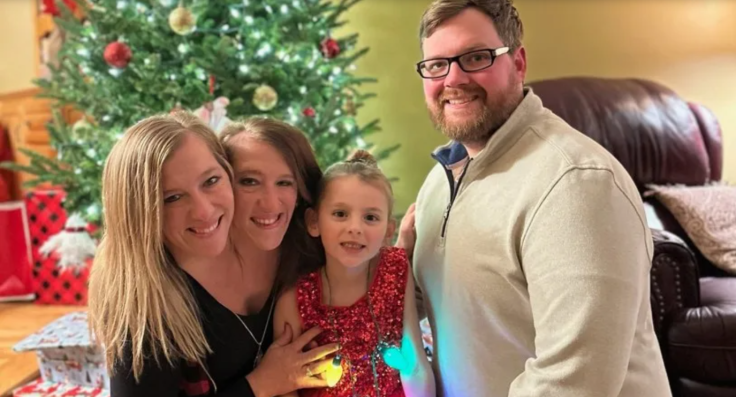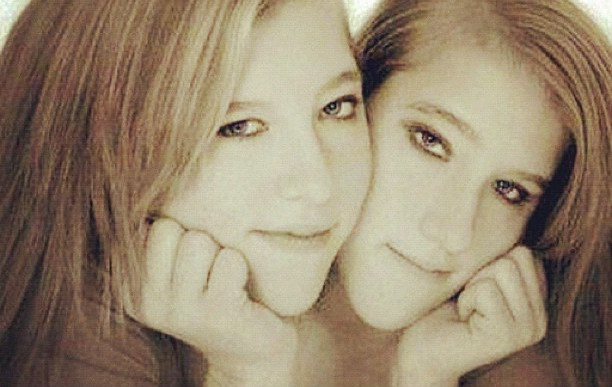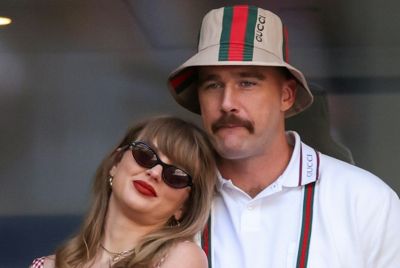Abby and Brittany Hensel Baby Speculation Raises a Bigger Question: Fans Ask Who Gets to Be Recognised as the Parent?
Given that the twins share a reproductive system, many argued that both sisters would naturally be considered mothers.

Conjoined twins Abby and Brittany Hensel have once again sparked debate after being spotted with a newborn baby in Minnesota.
Images of the sisters placing an infant car seat into their vehicle quickly made the rounds online. Yet, beyond curiosity about whether the child is theirs, fans are fixated on a deeper question.
After the images went viral, the internet was flooded with questions related to the family dynamics, with a consensus that if the twins were to have a baby, who would be recognised as the parent?
Fans Question Parenthood Roles
Social media users wasted no time dissecting the sighting. Some wondered whether Abby and Brittany had quietly welcomed a baby of their own, while others speculated the infant might belong to a relative or friend. But the central debate has shifted from 'whose baby is this' to 'how would motherhood be defined in their case?'

Given that the twins share a reproductive system, many argued that both sisters would naturally be considered mothers. 'They share one uterus,' one fan commented, questioning whether it would even be possible to separate parenthood legally or biologically.
Others pointed out that only Abby is married to US Army veteran Joshua Bowling, which could complicate how parental rights are formally assigned if children were involved.
The scenario underscores the unique nature of their circumstances.
Past Hints About Motherhood
The renewed attention also recalls past comments from the twins. In a 2003 documentary, Brittany openly said, 'Yeah, we are going to be mums one day, but we don't want to talk about how it's going to work yet.' Their mother, Patty, expressed optimism at the time, noting that their reproductive organs function normally.

Their openness has long fuelled public curiosity about how the sisters might navigate pregnancy and parenthood, especially since their lives and choices are shared but also deeply individual.
History Offers Rare Precedent
Although examples are scarce, there have been cases of conjoined twins having children. Rosa Blažek, a European twin born in the 19th century, gave birth to a son in 1910. However, the sisters had distinct but interconnected reproductive systems in which each sister had their own vagina and uterus, not like the Hensel sisters, who shared one set of reproductive organs.
The conjoined sisters Rosa & Josepha Blažek were born in Skrejšov, Bohemia on Jan 20, 1878. The two were pygopagus–joined at the posterior. pic.twitter.com/eCw8TfQA5l
— anaesthetised (@1l1l1ll1) September 3, 2017
Then there were Chang and Eng Bunker, remembered as the 'original Siamese twins,' who collectively raised 21 children in North Carolina during the 1800s. These cases don't provide direct answers for the Hensels' situation, but do show that parenthood is not beyond the realm of possibility.
According to experts, modern doctors would face immense challenges ethically in such a scenario. For conjoined twins like Abby and Brittany Hensel, who share one reproductive system, any pregnancy would place significant physical demands on both, regardless of who wished to conceive.

Obstetric care in such cases would almost certainly involve a planned C-section, with the medical team facing unprecedented challenges related to shared organs, circulation, and pain management. In this context, pregnancy becomes less a matter of medical feasibility and more a question of ethical responsibility and informed consent.
Who Would Be Recognised as the Parent?
The greater legal dilemma comes after birth. Traditional family law holds that 'the mother is always certain,' a principle rooted in the biological facts of gestation and delivery. But with conjoined twins, both individuals would simultaneously meet that definition.
Genetics provides no clarity either, since identical twins are genetically indistinguishable. Legal scholars suggest that courts may have to shift away from biology and instead consider factors such as intent and function.
For now, what remains certain is that Abby and Brittany themselves have said nothing about the baby recently seen with them. The child's identity remains unconfirmed, and in the absence of their own words, all speculation remains just that—speculation.
© Copyright IBTimes 2025. All rights reserved.





















